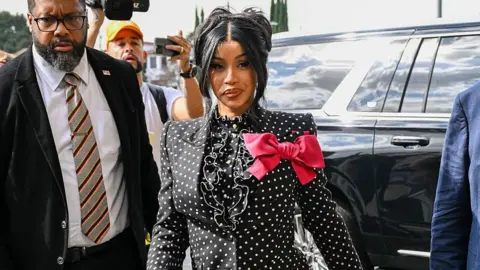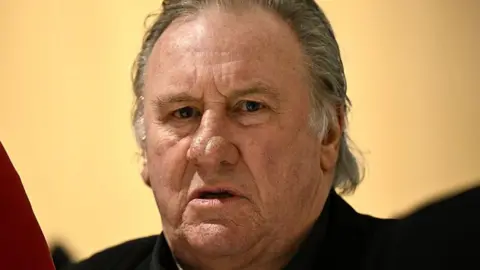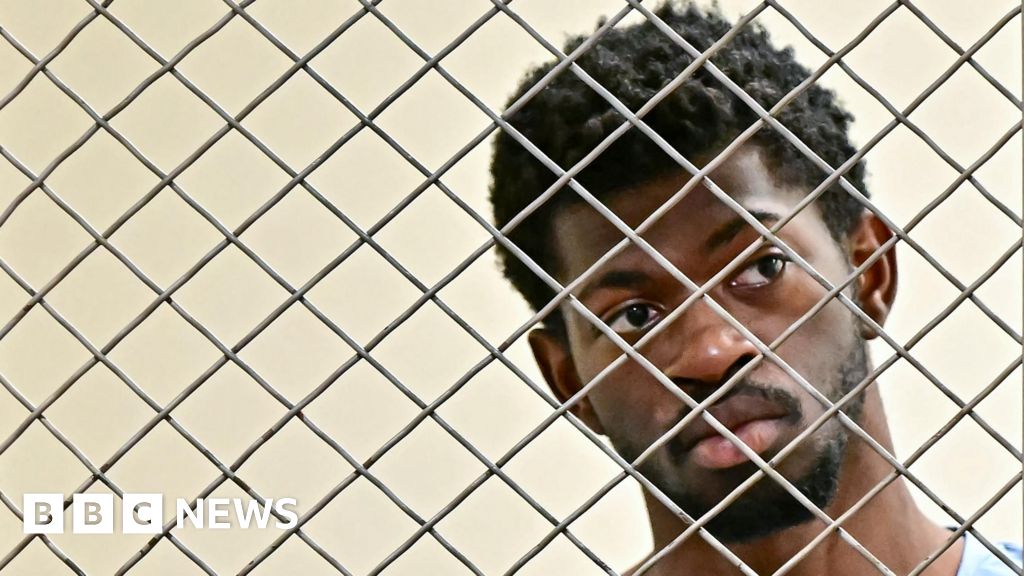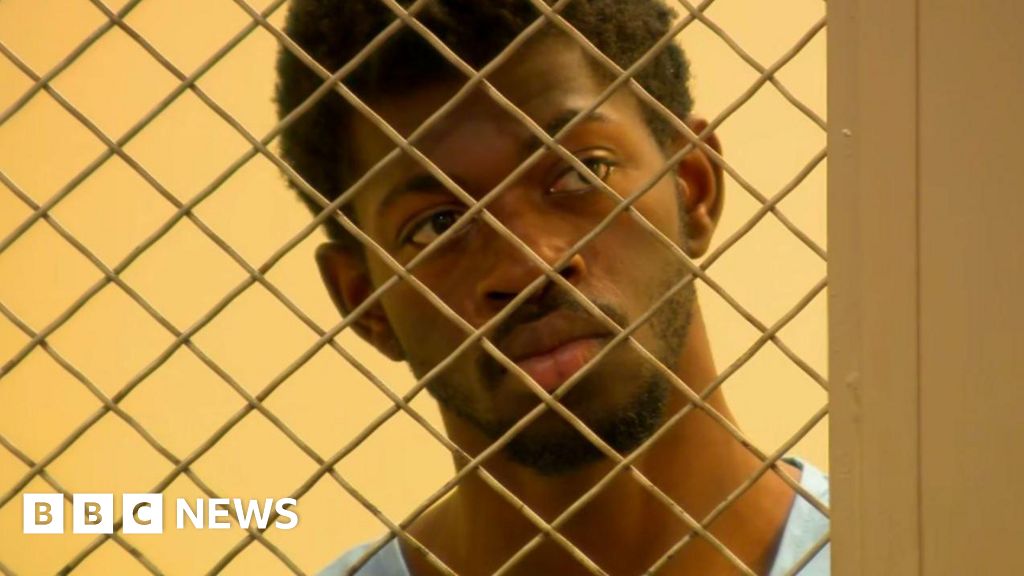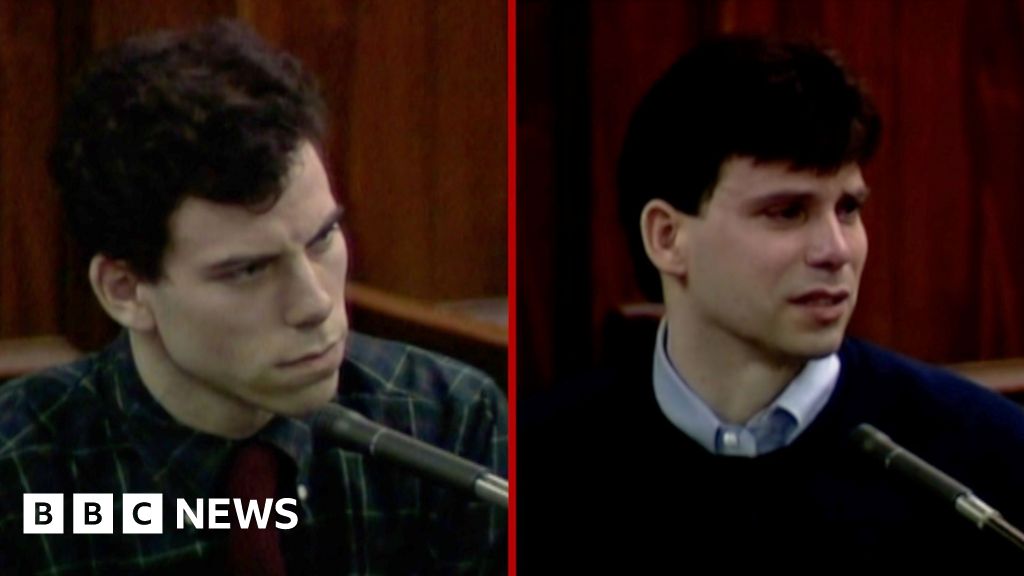Five former Canadian ice hockey players were acquitted of sexual assault charges in a trial that attracted extensive media attention and public interest. Justice Maria Carroccia delivered her decision in a packed Ontario courtroom, stating that the evidence provided by the woman, referred to as EM, was not credible or reliable. The players—Michael McLeod, Dillon Dube, Cal Foote, Alex Formenton, and Carter Hart—were accused of assaulting EM in a hotel room during a Hockey Canada event in 2018.
The trial lasted eight weeks and centered around the crucial issue of whether EM had consented to the sexual activities that took place that night. The players' lawyers argued that she had initiated sexual acts and believed they had received her consent. Only Carter Hart, one of the accused, testified in his defense.
Judge Carroccia highlighted significant inconsistencies in EM's testimony, particularly regarding details like who purchased drinks at the gala. She noted that EM's recollections did not align with the evidence, suggesting an "uncertain memory" about the events that transpired. Furthermore, the judge indicated that videos presented during the trial, one of which was recorded without EM’s knowledge, showed her appearing relaxed and normal, contradicting claims of distress.
In light of this evidence, the judge ruled that the Crown had failed to prove its case beyond a reasonable doubt. The Crown prosecutor, Meaghan Cunningham, stated they would review the judgment carefully and acknowledged the support EM received from the public during the trial, emphasizing that the aim was to ensure a fair trial for both parties involved.
The Crown maintained that EM had no reason to fabricate her allegations and highlighted her efforts in reporting the incident to the police in 2018, before pursuing a lawsuit against Hockey Canada, which later settled for an undisclosed amount. In contrast, defense lawyers argued that testimonies from other players present in the hotel room suggested she was a willing participant who later regretted her actions, and they contended that her level of intoxication did not render her incapable of consenting.
The acquittal of the five players raises significant discussions surrounding consent, accountability in sexual violence cases, and the public perception of such incidents involving notable athletes. The broader implications of the case on hockey culture and societal attitudes toward consent remain under scrutiny as the community reflects on the judicial outcomes.












